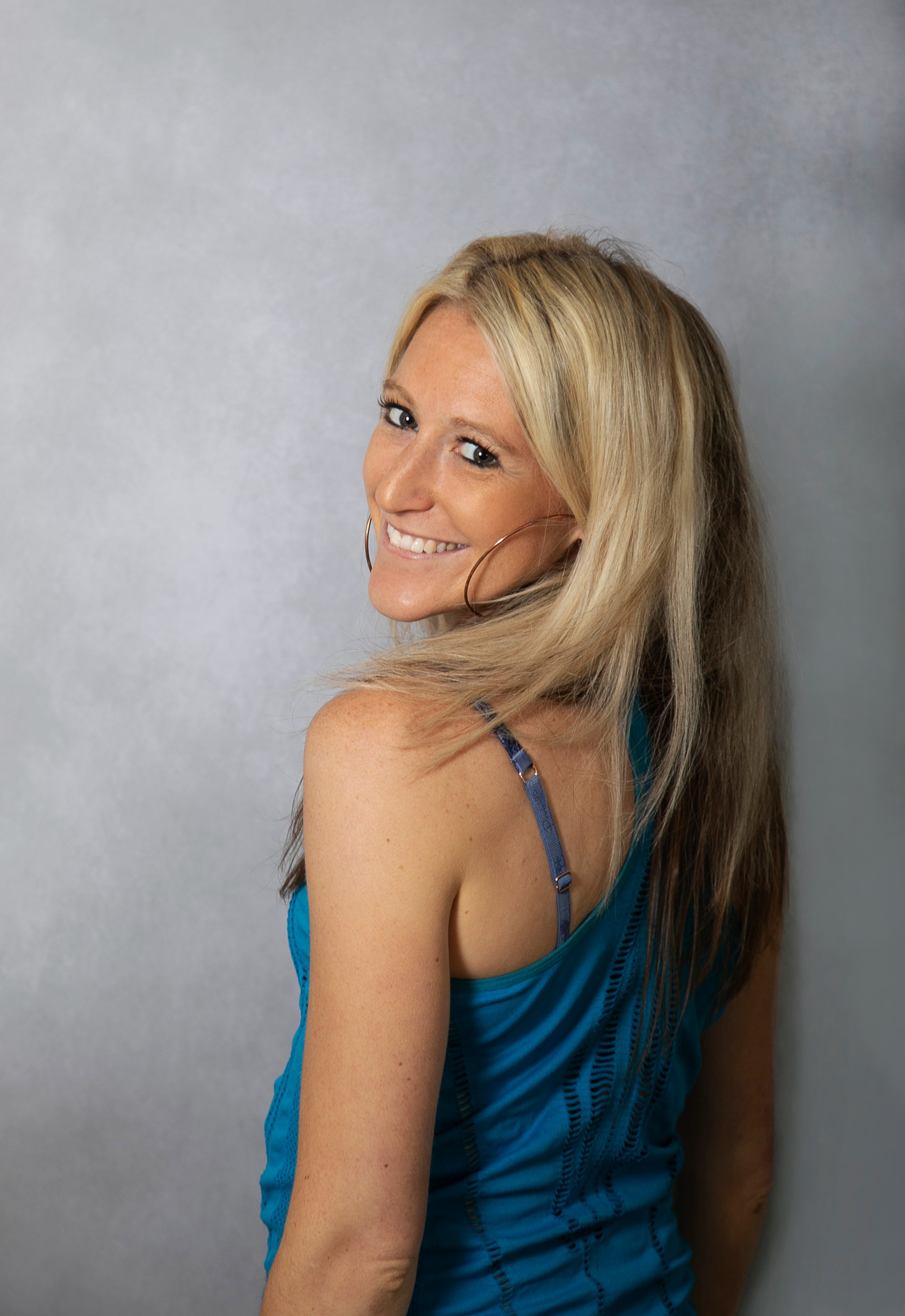Hope Virgo (BA Sociology, 2011) started controlling her calorie intake and exercising obsessively at the age of 13. By 17 she was admitted to hospital where she spent a year in recovery.
Hope's experiences of being treated for an eating disorder sparked her activism, including the high profile Dump the Scales campaign, which challenges the idea that eating disorder treatment should be tied to someone's BMI. We were delighted to honour Hope as the 2021 Alumna of the Year.
 'I often say that we live in a society where we have normalised eating disorder culture. I think so many people don't know what to eat or how much exercise to do, and even how to listen to their bodies or hunger cues,' says Hope.
'I often say that we live in a society where we have normalised eating disorder culture. I think so many people don't know what to eat or how much exercise to do, and even how to listen to their bodies or hunger cues,' says Hope.
'We need to go back to the basics with "healthy", and ask ourselves what is this to us; physically, mentally and emotionally - and always remembering that health is not defined by what we look like.'
Experiences of eating-disorder treatment
Eating disorders are serious mental illnesses, with no single cause. For Hope, struggles during her childhood resulted in anorexia being used as a coping mechanism; calorie counting and over-exercising became a way of retaining control. Her resulting hospitalisation and ongoing recovery has had a profound impact, and she now campaigns around these issues full time.
'The treatment and prevention of eating disorders has been massively underfunded for decades, and on top of that, it is an illness that is still massively stigmatised. The fact that people are dying in 2022 of an illness that is treatable is not okay. I believe we need a complete reformation around services and we cannot afford to wait any longer,' she adds.
Myth busting
For Hope, as well as funding, there is a lot of education needed to bust myths about these disorders. 'Eating disorders are still one of the most stigmatised illnesses, often seen as a phase, a lifestyle choice, something that only affects white emaciated teenage girls.
'Some of the myths that need busting (and there are hundreds) is that just because someone looks okay does not mean they are: we know that only 6% of people with an eating disorder are actually underweight.'
The power of lived experience
'It's so important that people who have experienced these issues are part of these discussions. We bring the first-hand experience knowledge and practical insight that so many cannot. I think that often people with lived experience are undervalued but there is so much they can offer in this space, and we need to be encouraging people to speak up and share.
'It's also a balance to campaign about an issue when you are in recovery, and I haven't always got this right. There have been moments when I have put the needs of the campaign ahead of my own and I have realised that I need to prioritise my own recovery too.'
We also need to make sure there is adequate funding to meet the demand for both child and adult services - adults are often forgotten in these conversations
Looking to the future
'I am launching the next phase of the campaign with #ChangeTheStory, in line with The Hearts, Minds and Genes Coalition, calling on the government for a reformation of services, adequate funding to meet the demand and training for all frontline staff.
'Alongside this I will continue to spend my time in schools speaking to students, carers and staff about eating disorders. I am continuing to spread the message that recovery from an eating disorder is possible and worth pushing for. Having experienced that pain first hand, and getting through it, I now want to make sure others do too! Added to this now I am pregnant with my first child and so have that additional driver to want to change the world for them.'